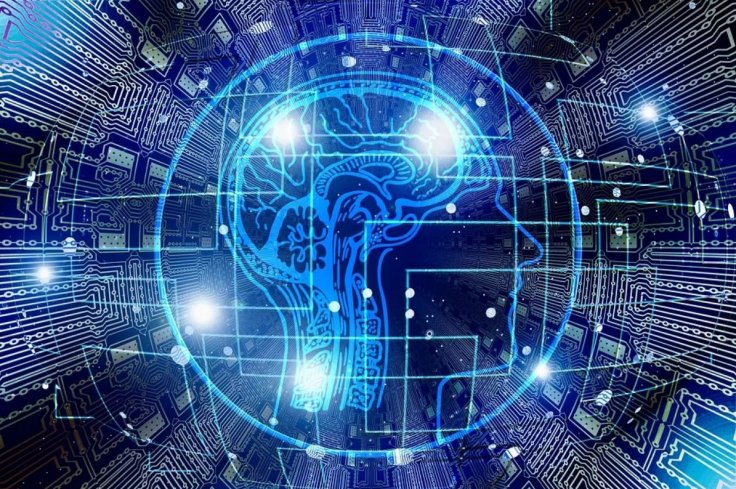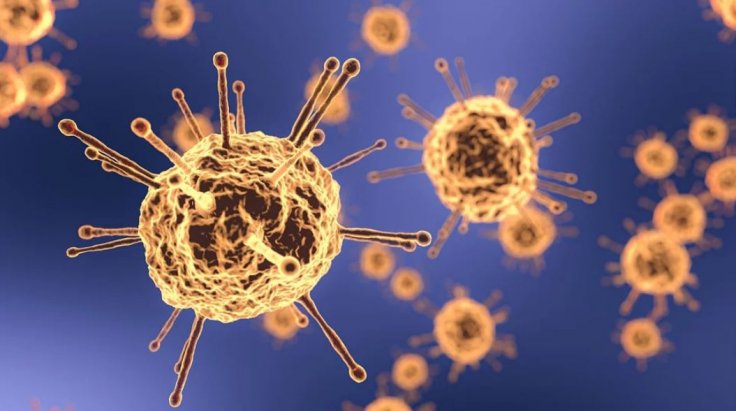As the number of COVID-19 cases steadily rise across the world, testing and monitoring of symptoms can serve as the primary tool in containing the pandemic. Providing a potential breakthrough in this direction, a new study claims the development of an artificial intelligence diagnostic model that can predict the likeliness of an individual having the coronavirus infection based on their symptoms.
Through the study, which is a collaboration between researchers from King's College London, Massachusetts General Hospital and health science company ZOE, an AI model that leverages data from the COVID Symptom Study app, was developed. It compares people's symptoms and results from conventional tests to predict who might have COVID-19.
During the course of the study, the researchers found that certain symptoms such as anosmia — the loss of smell and taste are more characteristic of the disease than cold or fever. "We also identify a combination of symptoms, including anosmia, fatigue, persistent cough and loss of appetite, that together might identify individuals with COVID-19," the authors wrote.
Using data from the self-reporting app

Over 3.3 million people across the world are using the app to report existing and new symptoms and track their health status. For the study, the scientists examined data collected from 2,450,569 users in the UK and 168,293 in the US, between 24 March and 21 April 2020. These users had been updating their health condition regularly on the app.
Interestingly, nearly a third of these individuals recorded symptoms that have widely been associated with the coronavirus infection. Among these users, 18,374 revealed that they had undergone a test for COVID-19, with 7,178 people testing positive for the infection.
Loss of smell and taste — A key symptom

Finding a link between specific symptoms attributed to the disease and the chances of those being connected to a positive test was the next step for the authors. Several symptoms similar to the flu and cold were identified by the researchers.
However, they found a distinct symptom among those reported — anosmia. Among the users reporting anosmia, two-thirds tested positive for the coronavirus, while nearly a fifth tested negative. The scientists suggested that anosmia must be viewed as a better indicator of the disease than fever, thereby, strengthening the increasing anecdotal evidence of the olfactory condition being a common symptom of the infection.
Developing a predictive mathematical model

In order to predict which of the app's users stood a larger chance of having COVID-19, the research team developed a mathematical model. Among the factors considered for the prediction were age and sex, along with a combination of four vital symptoms: fatigue, severe or persistent cough, loss of appetite, and loss of taste and smell.
Finally, the predictive model was applied to 805,753 users from the UK and US, who had reported not being tested for COVID-19. It was found that 140,312 or 17.42 percent of users had a probability of having the disease at the time of the study. "Our results suggest that loss of taste or smell is a key early warning sign of COVID-19 infection and should be included in routine screening for the disease," said Tim Spector, lead author of the study.
Limitations of the study and future potential
While the study offers a novel approach of leveraging AI for predicting the development of the disease, it is not without limitations. One such limitation that the authors admitted is the self-reporting nature of the app and the data. In the absence of physiological assessments, both false negatives and false positives can be included in the dataset.
Addressing other limitations the authors wrote, "As more accurate tests become available, we have the ability to optimize our model. One caveat of our study is that the individuals on which the model was trained are not representative of the general population because performing tests for SARS-CoV-2 is not random."
However, they also illustrated that the adoption of AI can help zero in on potential cases and initiate necessary measures to contain the spread of the infection. They also urged authorities to provide increased attention to less common symptoms of the disease and create awareness about them. "We strongly urge governments and health authorities everywhere to make this information more widely known, and advise anyone experiencing sudden loss of smell or taste to assume that they are infected and follow local self-isolation guidelines," concluded Spector.









